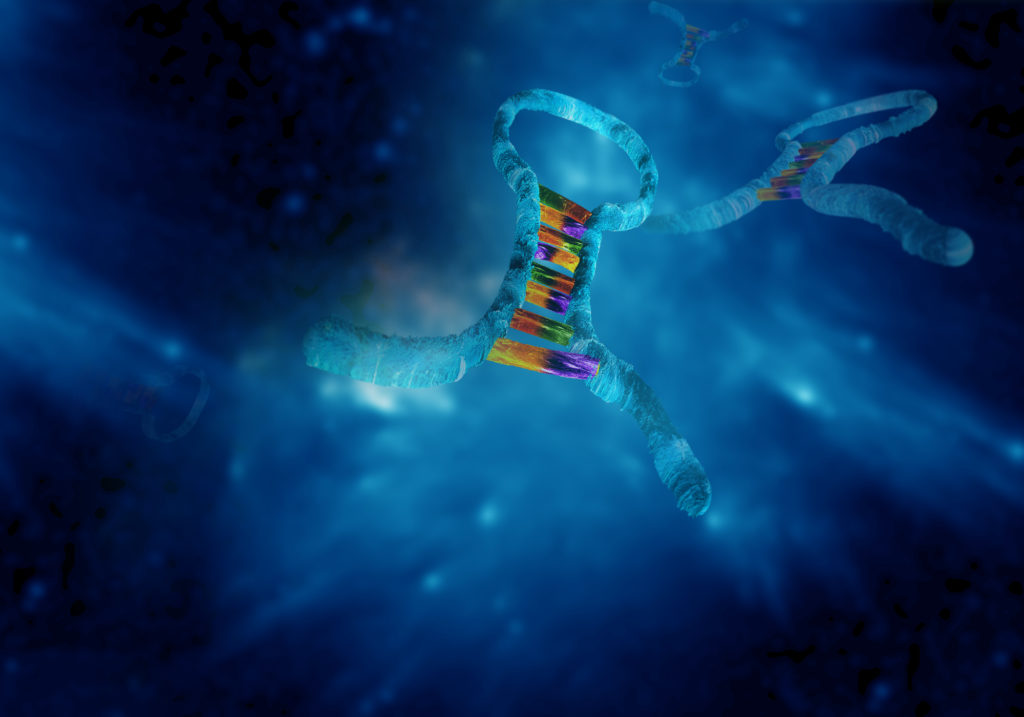Neoantigens arise from DNA mutations in cancer cells and are important targets for T cell-mediated anti-tumor immunity. NEO-PV-01 is a personal neoantigen vaccine of up to 20 peptides designed based on a patient’s neoantigen and HLA profile that is directed at inducing tumor-specific T cell responses to neoantigens. There is a wealth of data to extract from a comprehensive gene expression analysis of the tumor microenvironment in patients with advanced cancer given a combination of neoantigen vaccine and checkpoint inhibitor immunotherapy.
In this free webinar, the featured speaker will discuss immune-related gene expression analysis of longitudinal tumor biopsies of metastatic melanoma, bladder and non-small cell lung cancer treated with NEO-PV-01 + adjuvant in combination with the anti-PD1 agent nivolumab (NCT02897765), and how these results correlate with clinical outcomes. Tumor biopsies from all three tumor types were collected i) prior to treatment, ii) after 12 weeks of nivolumab monotherapy and iii) after completion of NEO-PV-01 vaccination. Targeted gene expression analysis on RNA extracted from FFPE blocks was performed using the Research Use Only NanoString® nCounter® platform. A Custom CodeSet of 800 genes included markers for immune cell populations, cytolytic markers, immune activation and suppression and the tumor microenvironment. Gene signatures of key immune features were calculated after normalization with housekeeping genes and used for subsequent analysis.
Speaker

Meghan Bushway, Senior Scientist, Translational Immunology, Neon Therapeutics
Meghan Bushway is interested in understanding and elucidating the mechanism of immune responses in cancer patients treated with personalized cancer vaccines. Utilizing various assays, including gene expression, she has characterized the immune populations present in the tumor microenvironment to better understand response to therapy. Prior to joining Neon, she was a post-doctoral research fellow at the Dana-Farber Cancer Institute studying methods to improve anti-tumor responses in adoptive T cell therapy. She holds a BA in Biochemistry and Molecular Biology from Clark University and a PhD in Immunology from the University of Rochester.
Who Should Attend?
This webinar will appeal to individuals with the following or related job titles:
- Research Scientists
- Clinical Researchers
- Medical Researchers
- Industry Scientists
- Lab Directors/PI
- Post-Doc Students
- Grad Students
- Oncologists
Working in the following research areas:
- Immuno-oncology
- Immune checkpoints
- Cancer immunology
- Biomarker discovery
- Companion diagnostics
- Molecular pathology
- Precision medicine
What You Will Learn
Attendees will gain insights into:
- Tumor-specific T cell responses to neoantigens
- Selection of gene markers for immune cell populations using a multiplex assay
- Use of the NanoString® nCounter® platform
- Overview of gene expression analysis of the tumor microenvironment in trial participants
Xtalks Partner
NanoString
NanoString Technologies (NASDAQ: NSTG) is a publicly held provider of life science tools for translational research and molecular diagnostics. The company’s technology enables a wide variety of basic research, translational medicine and in vitro diagnostics applications.
NanoString’s products are based on a novel digital molecular barcoding technology invented at the Institute for Systems Biology (ISB) in Seattle under direction of Dr. Leroy Hood. The company was founded in 2003 with an exclusive license to develop and market the technology. In 2008, NanoString launched its first commercial instrument system and began international sales operations with its first multiplexed assays for gene expression analysis. In 2010, the company launched new applications for the system to support microRNA analysis and copy number variation detection, and in 2013 launched Prosigna®, its first in vitro diagnostic product for prognosis of early stage breast cancer.
Organizations performing cancer research, biomarker validation and screening, and next-generation sequencing validation are rapidly adopting the nCounter® Analysis System. By providing simple, multiplexed digital profiling of single molecules, the NanoString platform represents a natural, digital downstream companion to next-generation sequencing and enables researchers to embark on studies that were previously inconceivable.
Leading researchers and institutions are finding that NanoString’s nCounter system provides the ideal platform on which to validate their discoveries and translate them into clinically useful diagnostic assays. The nCounter system is uniquely positioned to support translational research because it provides more reproducible results than methods requiring amplification, and generates high-quality data from the difficult sample types common in clinical research, including Formalin-Fixed Paraffin-Embedded (FFPE) tissues.
In addition to continuing to extend the applications for the nCounter system in the discovery, target validation and routine testing segments of the genomics research market, the company’s goal is to become the platform of choice for diagnostic testing based on multiplexed gene signatures that can be offered in hospitals and pathology laboratories worldwide, following appropriate regulatory approvals. These two synergistic areas of business focus provide researchers with a seamless transition from discovery to diagnostics.
Media Partner
You Must Login To Register for this Free Webinar
Already have an account? LOGIN HERE. If you don’t have an account you need to create a free account.
Create Account




